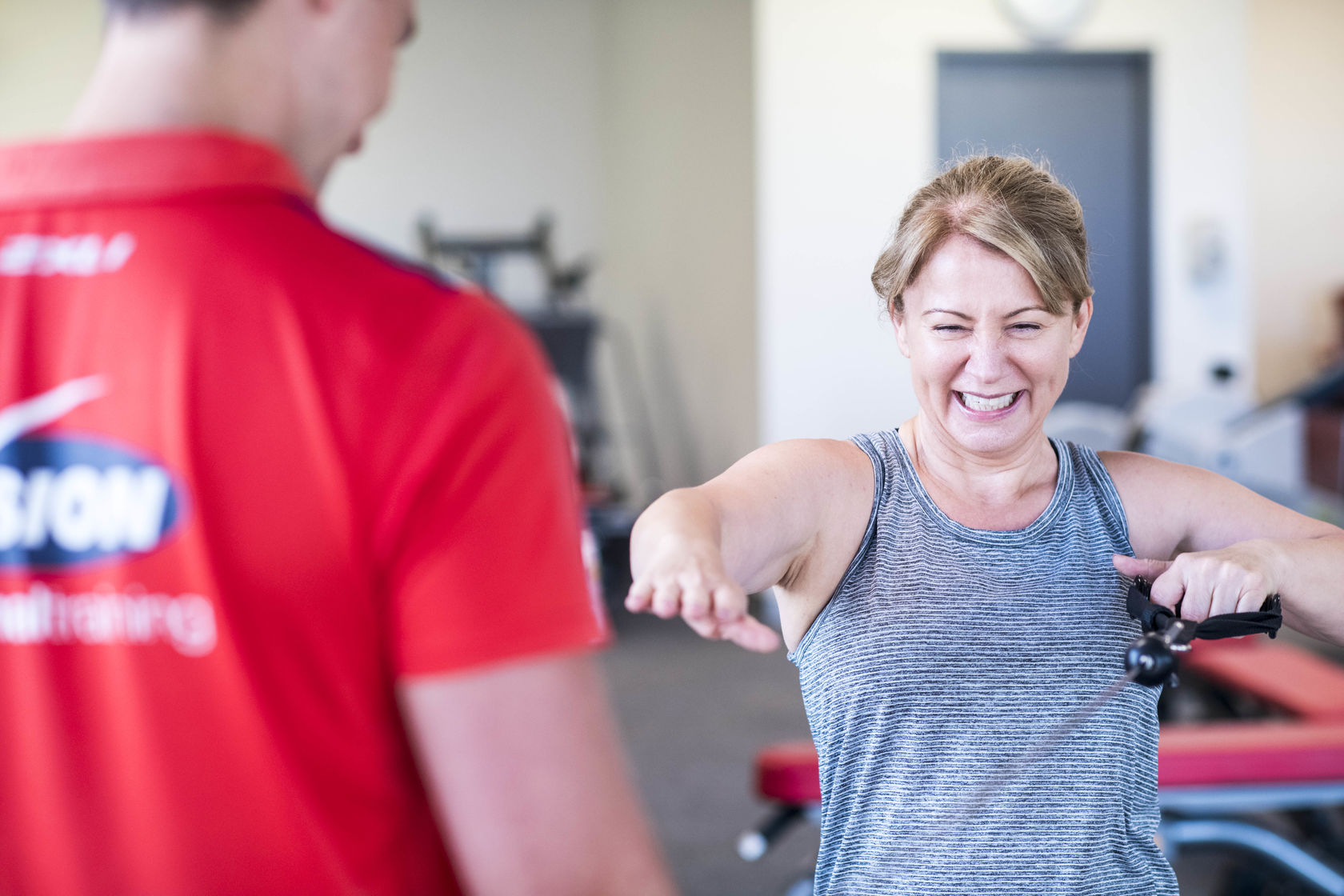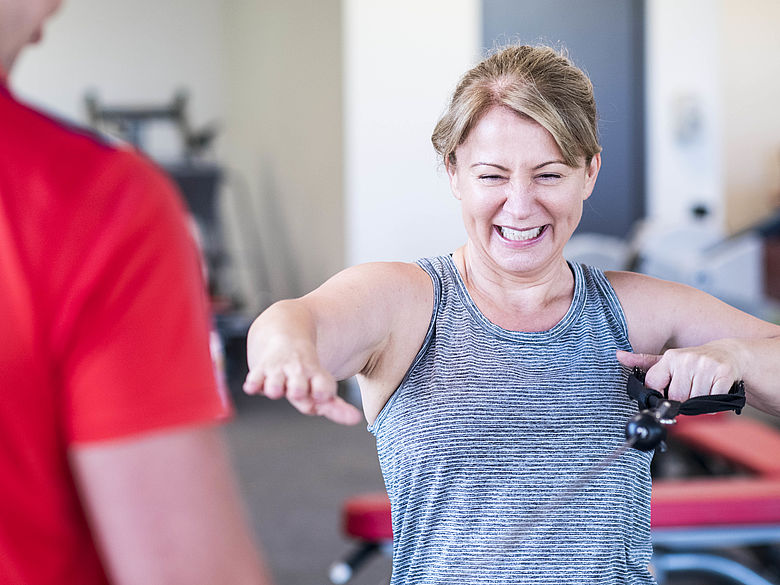Mental Health and Mental Illness (MI) are terms that are being researched, used and heard of more now than ever. 1 in 5 Australians will experience a form of mental illness throughout their life time. These can include depression, anxiety, chronic stress and personality or substance related disorders. Unfortunately, these illnesses often go undiagnosed and are poorly treated.
People living with MI have higher rates of premature mortality which can be up to 12-15 years earlier than those without. This is mostly due to high levels of inactivity that usually co-inside with a mental health condition. In fact, 9% of worldwide premature deaths are caused by physical inactivity.
Another health concern for those experiencing a MI are the co-morbidities that surround it. The Australian institute of health and welfare explained that people living with a mental illness are:
- 36% more likely to develop chronic pulmonary disease
- 30% more likely to suffer from back pain
- 29% more likely to develop asthma
- 2-3 x more likely to be diagnosed with diabetes
- 4 x more likely Cardiovascular disease
It's obvious that this cycle needs to be broken somehow. So, what can be done about it? Wouldn't it be amazing if there was something, we could do to reverse these effects? What if there was something that created change in our brains, allowed for the relief of stress, that released endorphins in our brain that create improvements in mood thus allowing people some relief from the mental fight. What if there was something that reduced the sedentary effects on the body, that improved the health of our heart and lungs and could strengthen our muscles to reduce the risk of back aches and pain?
Well I have some news for you! The answer is exercise!!
Today prescribing medication is being discouraged and the prescription of exercise is being used instead in order to improve long term health and wellbeing.
So why is exercise being included into an individual's treatment plan? Research suggests that exercise is an effective treatment for relieving short term and long term MI. This relief means a decrease in feelings of sadness, irritation and tiredness. It allows you to have a longer fuse, improves sleep and increases appetite.
When people think of engaging in exercise, they think they have to go from 0 to 100. Today they do no exercise at all and starting Monday they have to complete 3 resistance training sessions, 4 runs, 3 high intensity cycle classes and a hike all in one week. This is definitely not the case. Exercising for mental health means that doing something is better than doing nothing. A 2014 study found that 12% of depression cases can be prevented by engaging in only 1 hour of exercise per week. This can be anything from Cardio or resistance training to outdoor activities such as walking, swimming, bike riding or maybe even some yoga or Pilates. Literally whatever takes your interest.
Research has shown that there was an 80% positive reduction in depressive symptoms for people who don't meet the recommended physical activity guidelines. Studies that included individuals meeting the guidelines had a larger 95% reduction in depressive symptoms. Along with the reduction in symptoms, they also found an improvement in secondary outcomes e.g. exercise capacity, quality of life and body composition measures.
The current national physical activity guidelines for adults are:
- Doing any physical activity is better than doing none. If you currently do no physical activity, start by doing some, and gradually build up to the recommended amount.
- Be active on most, preferably all, days every week.
- Accumulate 2 ½ to 5 hours of moderate intensity physical activity or 1 ¼ to 2 ½ hours of vigorous intensity physical activity, or an equivalent combination of both
- Do muscle strengthening activities on at least 2 days each week
So, the take home messages.
If you are currently living with a MI, experiencing symptoms of one or know someone who is then exercise can be a great start for you. You don't have to train like a marathon runner or a body builder to experience the benefits. Remember moving a little bit is better than not moving at all.
Some tips to help you get started might be to find something that interests you first. Find a friend or family member that wants to exercise with you if you would prefer company. Exercising with people can help to increase the likelihood of sticking to it. If you are like many people and haven't done much exercise in the past perhaps signing up to a gym to attend group classes, getting yourself a personal trainer or seeking the help from an exercise physiologist may be a good place to start. This way you will have someone by your side to help you through the exercise sessions.
Rosenbaum, S., Tiedemann, A., & Ward, P. B. (2014). Meta-analysis physical activity interventions for people with mental illness: a systematic review and meta-analysis. J Clin Psychiatry, 75(0), 1-11.
Exercise and Mental health E book, ESSA.
National Physical Activity guidelines: https://www1.health.gov.au/internet/main/publishing.nsf/Content/health-pubhlth-strateg-phys-act-guidelines
*Disclaimer: Individual results vary based on agreed goals. Click here for details.

